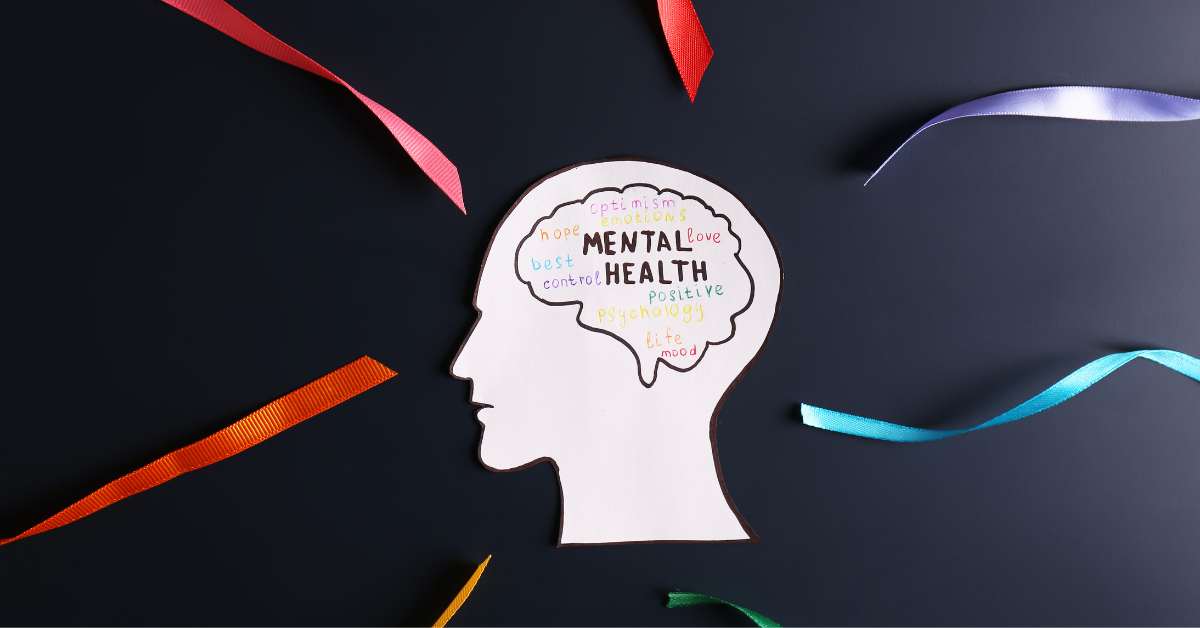As part of International Men’s Health Week Health Assured, the providers of our Employee Assistance Programme, take a look at the stigma surrounding men’s mental health and ways to tackle this.
This week is International Men’s Health Week; an annual event that aims to raise awareness of preventable health problems that disproportionately affect men and encourage them to seek help.
Mental health awareness in men is critically important due to the unique challenges and societal pressures they often face.
Research indicates that men are generally less likely to seek help for mental health issues compared to women, often due to cultural expectations that stigmatise vulnerability and emotional expression in men. This can lead to serious consequences, including higher rates of suicide among men, who are nearly four times more likely to die by suicide than women.
The stigma surrounding men’s mental health
There’s a stigma surrounding men’s mental health as a direct result of ‘toxic masculinity’. Men are often shamed or ridiculed for displaying vulnerability or discussing their emotional struggles. Phrases like “man up” and “boys don’t cry” reinforce the idea that men must always remain stoic, unemotional, and self-reliant. This creates barriers to seeking help, resulting in many men suffering in silence.
Challenging toxic masculinity and reducing stigma
To break the cycle of toxic masculinity and reduce the stigma surrounding men’s mental health, society must take several crucial steps:
- Promote healthy masculinity: Redefine masculinity to include qualities such as empathy, emotional intelligence, and vulnerability. Encourage men to embrace a broader understanding of what it means to be masculine.
- Encourage open conversations: Create safe spaces where men can discuss their mental health without fear of judgment. Encourage open dialogue about emotional wellbeing in schools, workplaces, and communities.
- Normalise seeking help: Reduce the stigma associated with seeking professional mental health support. Promote mental health resources and make them accessible to men from all walks of life.
- Lead by example: Encourage public figures, celebrities, and community leaders to share their own experiences with mental health. When men in positions of influence discuss their struggles openly, it helps to break down the stigma.
- Educate and raise awareness: Increase public awareness about the dangers of toxic masculinity and its impact on men’s mental health. Advocate for education that challenges harmful stereotypes and promotes mental health literacy.
Emotional support in the workplace
Employers have a duty of care to look after, as far as possible, their employees’ health, safety and welfare whilst at work. An impactful step businesses can take to better support employee mental health, is to offer an Employee Assistance Programme (EAP) to employees and their families.
Quick and cost effective to set up, an EAP offers help with personal and/or work-related problems that may impact performance, health, and mental and emotional wellbeing. For more information, visit sovereignhealthcare.co.uk/business.
